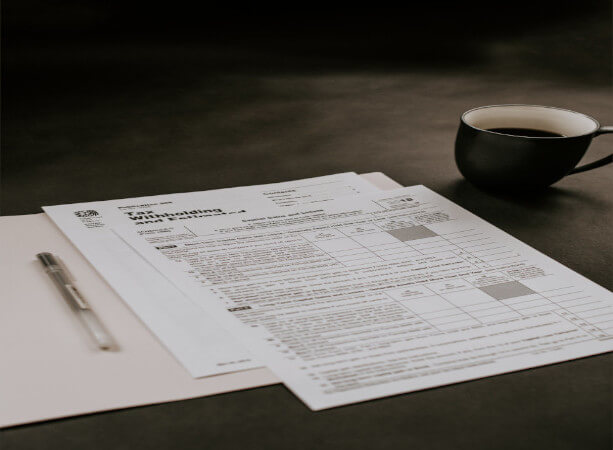Five Ways to Reduce Stress and Anxiety

According to the ABA Profile of the Legal Profession 2020, nearly 20% of lawyers suffer from anxiety. Lawyers struggle with anxiety at levels substantially higher than the general population and other highly educated professionals. It is important for law firms and firm leaders to “lead the way” for attorney well-being by creating a culture that does not increase our stress and anxiety to unhealthy levels.
We as individual attorneys also have a responsibility to make our self-care a priority, especially if we suffer from anxiety. We need strategies that empower us to manage stress and anxiety effectively.
What Is Anxiety, Exactly?
Everyone experiences anxiety sometimes. It is a regular part of life. When we face problems at work, confrontational discussions with opposing counsel, or need to make a big life decision, we feel anxious. This is called situational anxiety.
Anxiety disorders are not like this. They are not characterized by occasional or temporary worry or fear. Rather, a person with an anxiety disorder often suffers worsening anxiety over time that may not be directly related to things happening in the present. Symptoms of an anxiety disorder can interfere with daily activities, job performance and relationships.
Whether you are experiencing situational anxiety or an anxiety disorder, there are strategies you can use to alleviate symptoms and feel better.
Five Strategies Mental Health Experts Recommend to Reduce Anxiety
1. Focus your attention.
We can get carried away by our anxious thoughts. To reduce anxiety, it helps to engage in activities that focus your attention on other things. That’s why mindfulness practices are the perfect way to move the brain away from anxious thoughts. During meditation, for example, we focus on our breath, or on a mantra. This focus gives the brain a break from our anxious thoughts and reduces feelings of anxiety.
Try these activities for focusing your attention beyond anxious thoughts:
MeditationBreathing exercisesA leisurely walkYogaVisualization exercises
2. Live a healthy lifestyle.
We know that healthy eating, healthy relationships and regular exercise are important for our physical health. They are also key to our mental health. When we are physically unwell, we are less likely to handle external pressures well. The opposite is true too: When we are stressed and anxious, we are less likely to be physically healthy.
Areas to focus on to incorporate good health into your life include:
Getting sufficient sleep, which means eight hours a night for most people.Eating fruits, vegetables, whole grains and “clean” foods that are not highly processed.Drinking plenty of water, which for most people means at least 64 ounces daily.Moving your body every day, ideally in a way that increases your heart rate for physical and cardiovascular health.Spending time with friends, family, colleagues, pets – anyone you care about and that cares about you.
3. Get creative.
The anxious brain is an active brain. It can dream up all kinds of terrible things that could happen. As Mark Twain once said, “I’ve suffered a great many catastrophes in my life. Most of them never happened.” A great way to get out of our heads and manage anxiety is to find a creative outlet for your (over)active brain. Creative endeavors give the brain the opportunity to expend its anxious energy in a different and positive way. Try painting or drawing, playing a musical instrument, singing, coloring, knitting, dancing, videography or photography. Think about what you loved to do as a kid, and try doing it again.
4. Reflect on it.
Self-observation is a useful tool for helping us understand the causes of our anxiety. When we better understand the underlying reasons for our anxiety, we are better able to manage it. We can also work to change our reaction to those underlying causes, alleviate the causes if possible, or accept them. Reflective activities include journaling, talking with a friend or therapist, and mind-mapping.
5. Laugh.
While a good sense of humor cannot rid you of all anxiety, it puts you on the path to feeling less anxious. Science shows that laughter has many short- and long-term benefits. Laughter tenses and then relaxes the body, leaving you feeling more relaxed and less stressed. It also triggers the release of endorphins to serve as a natural pain killer and boost your immune system, both of which increase your overall health. Watch a funny movie, listen to a humorous podcast, or spend time with a friend who makes you laugh.
Anxiety can be a real challenge. Thankfully, there are strategies we can use to reduce our anxiety so that we can live happier lives and be more effective lawyers.
The post Five Ways to Reduce Stress and Anxiety appeared first on Attorney at Work.





